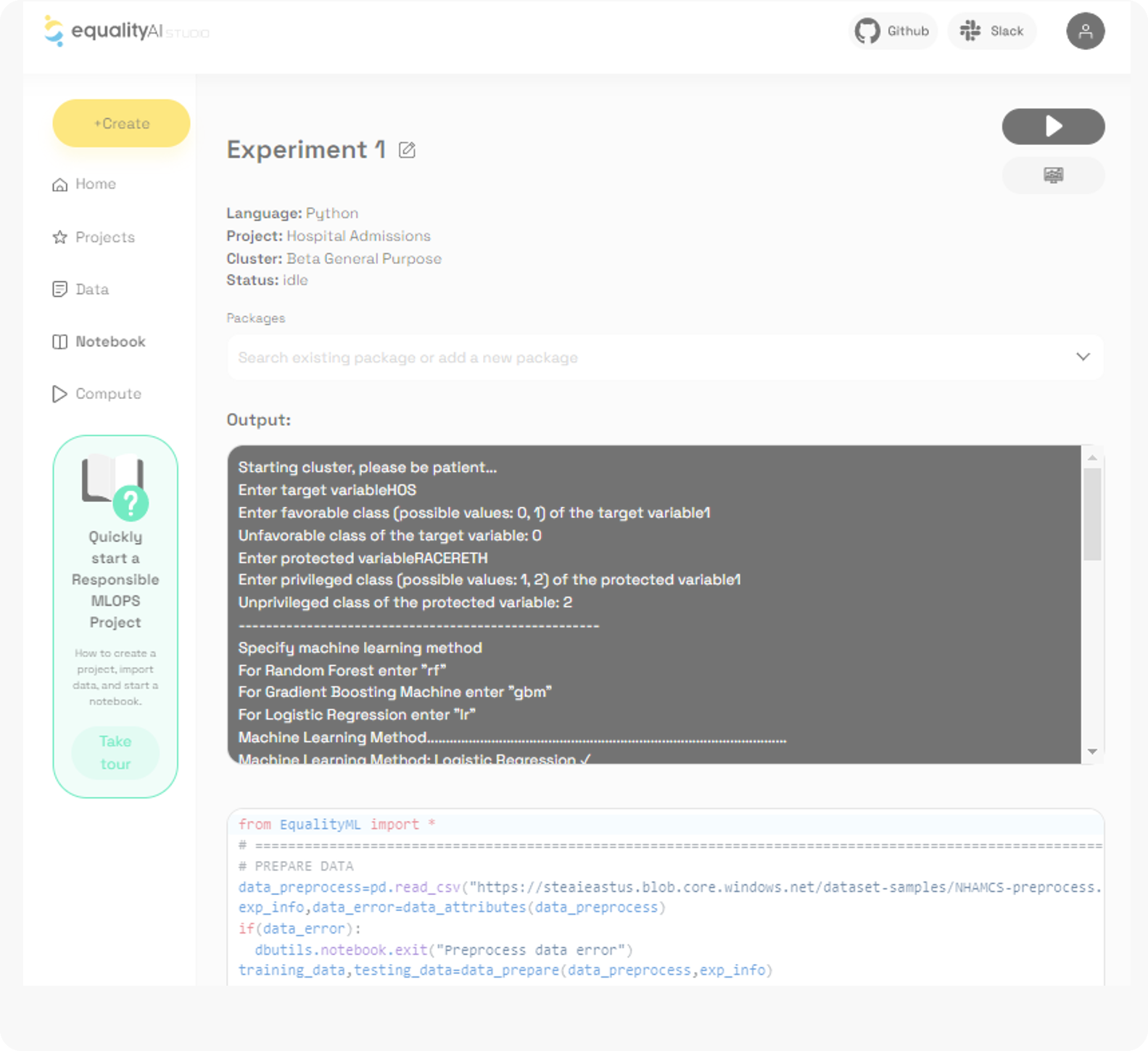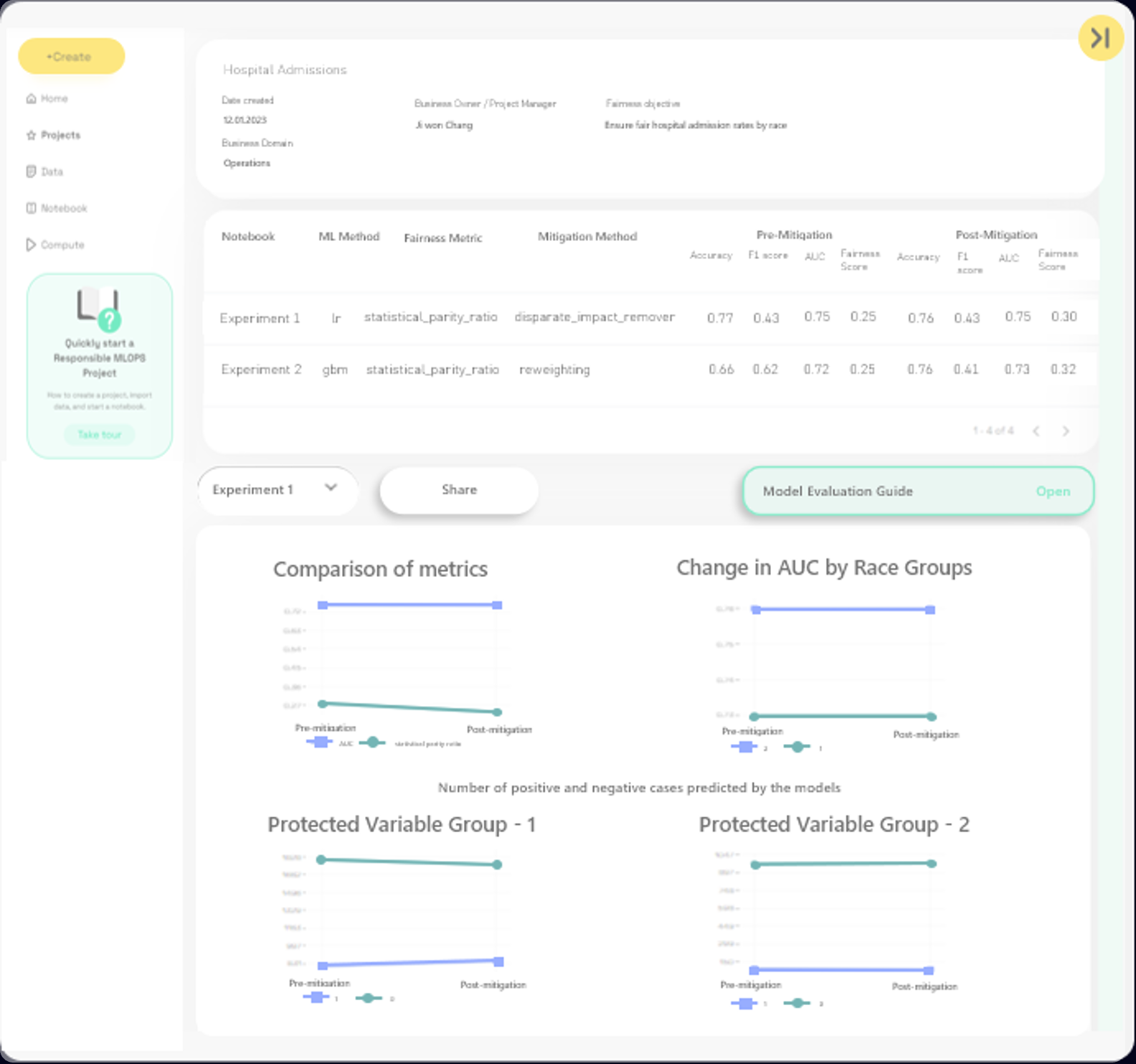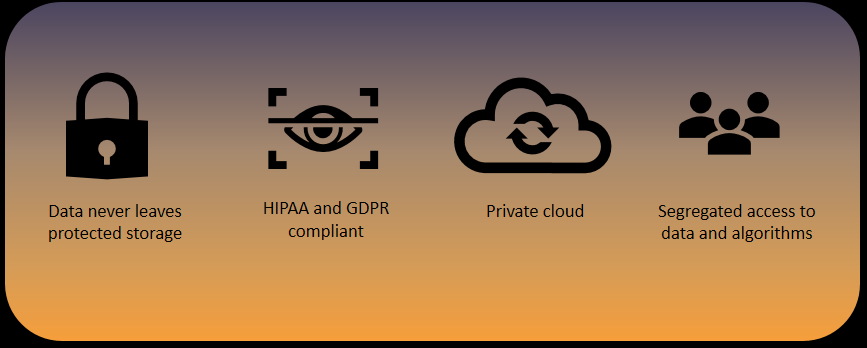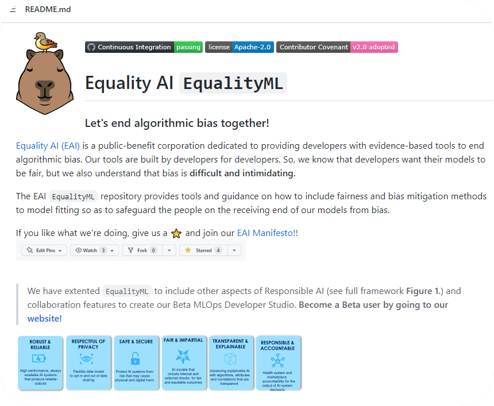Equality AI Studio & EqualityML
Experience the potential of Human and Machine Intelligence with evidence-based fairness practices in MLOps
Experience the potential of Human and Machine Intelligence with evidence-based fairness practices in MLOps

One platform for all users




Opensource python packages and Fair ML Learning
